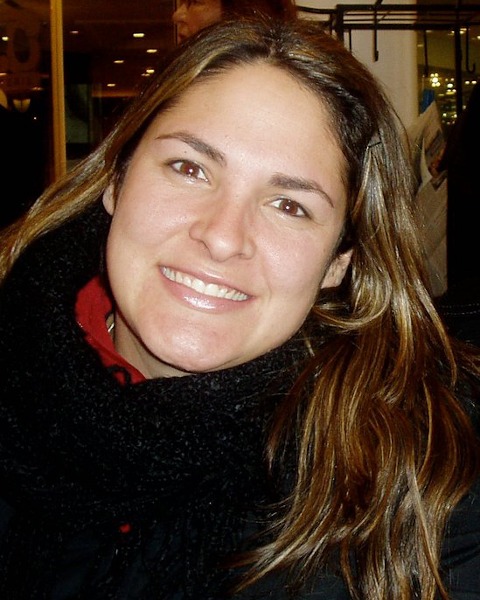Member Symposium
Student
Metamorphosis: From John Henry Comstock Award Winners to Future Leaders in Entomology
Transcriptomic analysis of honey bee (Apis mellifera) premature hive exiting behavior
Tuesday, November 12, 2024
10:05 AM - 10:30 AM MST
Location: Phoenix Convention Center, 126 B

Jordan Twombly-Ellis
PhD student
Texas A&M University
College Station, Texas
Juliana Rangel
Professor of Apiculture
Texas A&M University
College Station, Texas
Presenting Author(s)
Co-author(s)
Honey bees (Apis mellifera) are currently being challenged by multiple biotic and environmental factors, many of which act concomitantly to affect colony health and productivity. One negative effect of such stress is premature hive exiting behavior, whereby young bees exit the colony before they can fly and fall to the ground below the hive, where they die soon thereafter. Our previous study demonstrated that the size of hypopharyngeal glands was significantly smaller in workers that exited the hive prematurely, demonstrating that young bees that exit the colony are physiologically similar to forager bees; however, these young workers are unable to fly or forage, and instead, die prematurely. In this study we performed a transcriptomic analysis using the brain and fat body tissue of bees that performed premature hive exiting behavior, as well as that of age-matched, and forager-aged control bees. Contrary to our physiological evidence, we found that the prematurely exiting bees were not transcriptionally similar to forager-aged bees. Prematurely exiting bees had few differentially expressed genes when compared to age-matched controls, but many differentially expressed genes, particularly those associated with young bees, when compared to forager controls. Additionally, very few hormone-associated genes were differentially expressed, which we expected to see if this was a behavior solely related to accelerated aging. Prematurely exiting bees did exhibit increased expression of stress-associated genes, thus corroborating findings that this behavior is driven by high levels of stress.

.png)
